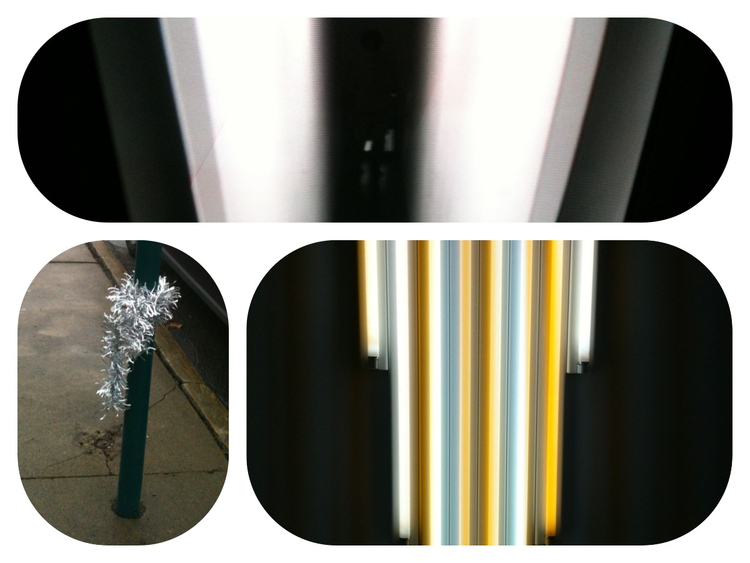This project emerged from a prolonged scholarly and curatorial engagement with identity conflicts in the Middle East and their manifestation in contemporary work. The exhibition and its public programming strive to open this conversation to an international audience, and suggest a category through which to view creative production that uncovers identity shaped through land, both concrete and imagined.
Dead Lands suggests a view of the land as a point of reference, a beginning or an end. The participating artists use institutional systems such as archives, communal rituals and national visual rhetoric, to undermine and subvert the narratives and histories they preserve and distribute. These artists negotiate their identity in persistent struggle with the land that seeks to define, celebrate, marginalize or exclude it.
The origin point of this category is marked in 1858 Ottoman Palestine. The Ottoman regime allowed locals to cultivate abandoned lands classified as Mawat, meaning, in a state of death. The territorial compromise was cancelled under British rule. During the 1948 war, Jordan occupied Judea and Samaria, regulating those lands under Jordanian statute. After the Six Days War (1967), Israel decreed the area as military territory.
Raanan Alexandrowicz’s 2011 documentary The Law in These Parts, reveals another turn. Tracing the legal base of Israel’s military occupation in the West Bank and Gaza, the film outlines the juridical approval of capture of Palestinian territories. By invoking Ottoman law, lands that were not farmed over three years were deemed Mawat, therefore available for confiscating.
The exhibition then moves beyond Israel’s conflicted, seen and unseen borders, to engage with international practice. Much like their works, the artists are in a constant state of migration: between places of residence, local and global production and pre-determined subject positions.
Participating Artists (in alphabetical order): Michal Bar Or (Tel Aviv), Aissa Deebie (NYC), Assaf Evron (Chicago), Josh Franco (Texas/NY), Dor Guez (Tel Aviv), Gaston Zvi Ickowicz (Tel Aviv), Yaron Lapid (London), Metehan Ozcan (Istanbul), Alona Rodeh (Berlin).
